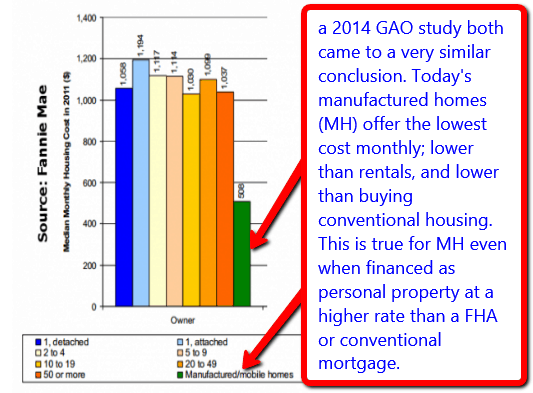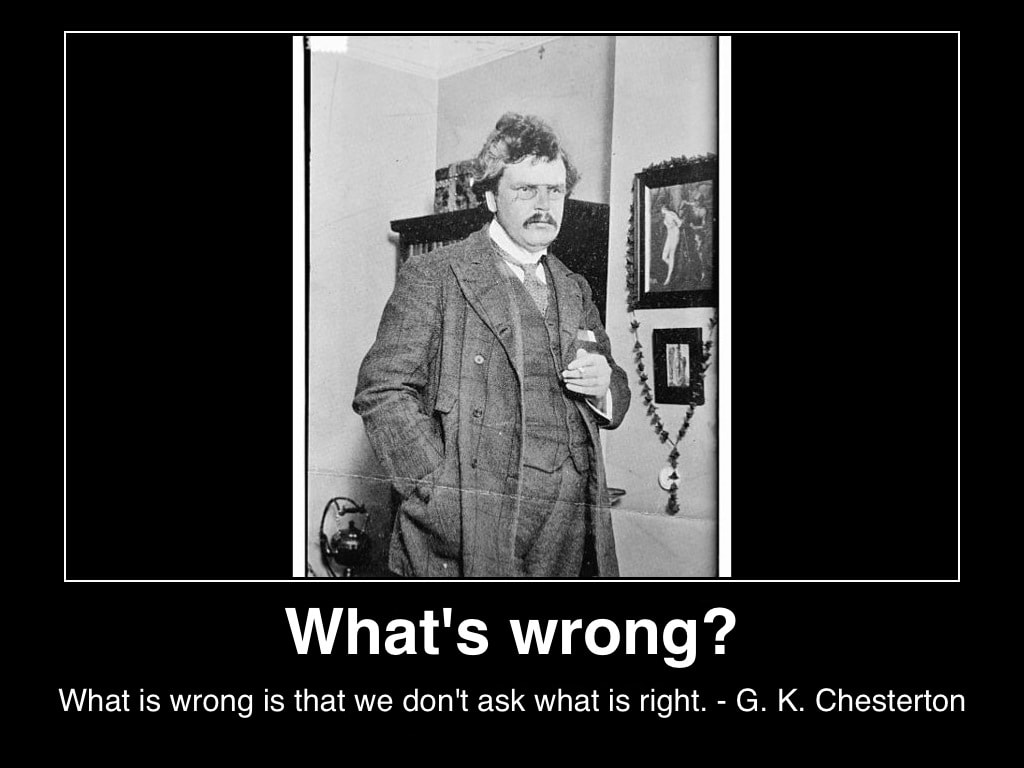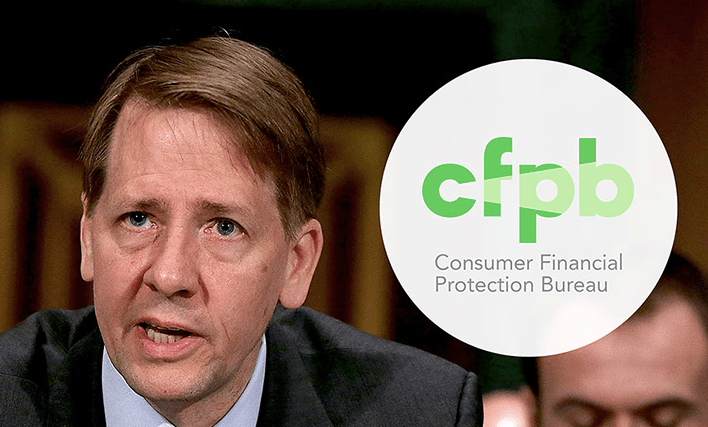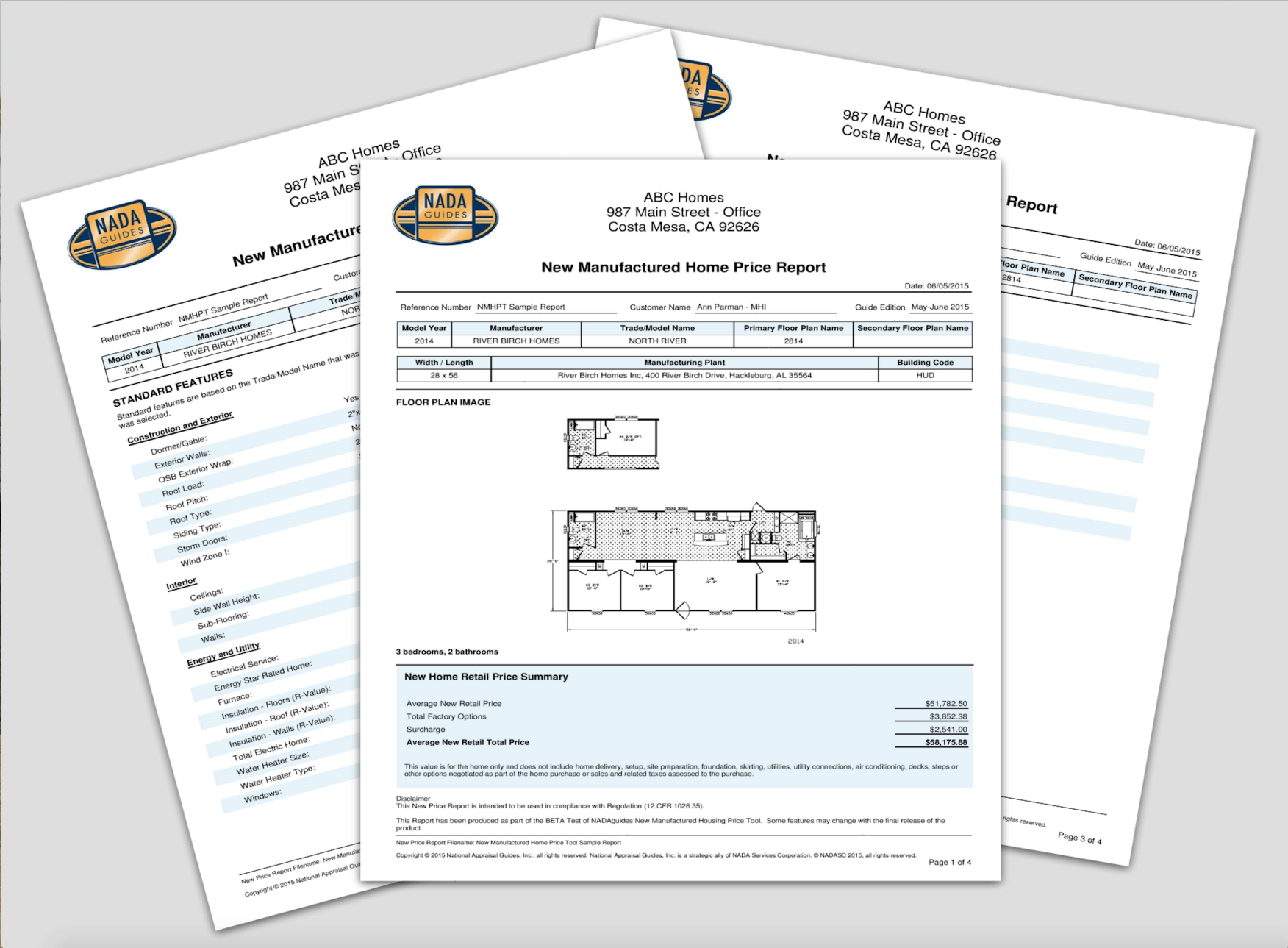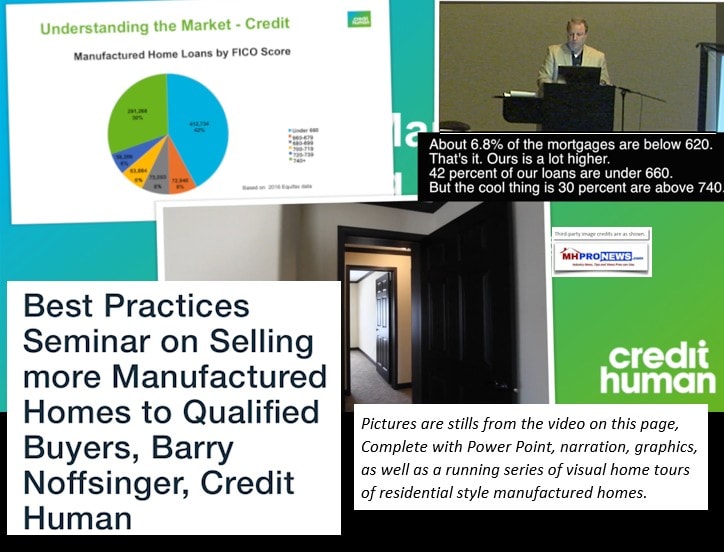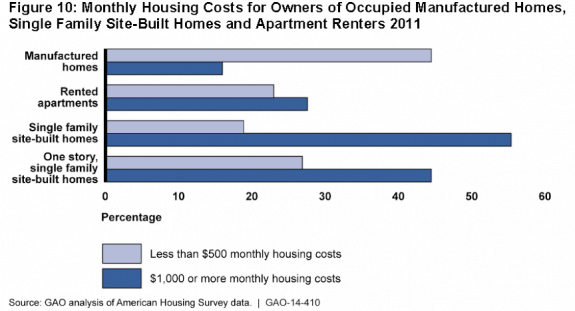
Brenton contends, however, the MHCC is not an advisory committee and is unlike committees governed by the act. Also, while her term expires in December, Brenton says no move has been made to establish a new chair or vice chair for the committee and expects HUD may end up running the meetings.
Moreover, the Manufactured Housing Association for Regulatory Reform, which was represented by Mark Weiss at the meeting, sent out a statement saying in part that while HUD, based on advice from GSA, takes the position that the MHCC, as a federal advisory committee, is subject to the constraints and limitations of the Federal Advisory Committee Act (FACA) and that the changes it has made to those documents are required by FACA, MHARR pointed out during its public presentation that various restrictions contained in the new Charter and Bylaws – such as a requirement that MHCC meeting agendas be “prepared” by HUD, giving the Department control over the subjects considered by the MHCC – are not authorized or even supported by anything contained in FACA.
MHARR also notes that the original MHCC Charter acknowledged that as a statutory committee, the MHCC has an ‘indefinite term of duration.’ The new purported Charter leaves the door open to an effort by HUD to abolish the MHCC in two years, stating “unless renewed by appropriate action prior to its expiration, the [MHCC] will terminate two years from the date this Charter is filed.”
MHARR noted in part that “over the past two years, HUD has engaged in a drive to incrementally undermine the statutory role, authority and independence of the MHCC and transform it into a toothless clone of the National Manufactured Housing Advisory Council that Congress disbanded in the Manufactured Housing Improvement Act of 2000.”
Brenton provides an indication of this, explaining the agenda-setting process and how it has changed.
“Prior to this charter change, the committee got together and decided planning and prioritization through a subcommittee. A committee of one industry person, one user group person and one general person made up a rating sheet. Every proposal was graded. HUD has now decided that rather than letting us decide the importance of the issues that come in, HUD is now doing it.”
Brenton adds that so far this year, as each proposal came in, it went out to all three members who then decided which subcommittee it should go to.
“HUD has now decided it is holding back all the proposals and will give them to subcommittees as they determine at the end of the year,” she says, adding that representatives of HUD say the committee will receive all the proposals; but she still wonders because she hasn’t heard back on a proposals she personally submitted.
“Other proposals have come forth; my proposal has never shown up. I found a similar story from another committee member. When we asked, we found out about HUD’s new process,” Brenton says. “We don’t know what their rating system is.”
Outgoing chair of a subcommittee on regulatory enforcement, Doug Gorman of Home-Mart Inc. in Oklahoma says the committee feels like HUD is trying to put the committee in a position of being irrelevant.
“They said, here is your new charter, we rewrote it for you,” Gorman explains. “HUD took over responsibilities for the agenda and everything else and said ok, here’s your meeting. They eliminated the priority and planning committee, so the committee has no input as to what is a priority.”
Thayer Long of the Manufactured Housing Institute (MHI) says the meeting procedures and agenda setting are not a charter issue and presented the issue as more of an effort to streamline procedures.
“I think HUD is just looking for ways to make sure their legal authority in terms of regulating the industry is upheld,” Long says. “I think it will make for a better productive and organized committee; HUD is just trying to make sure things are efficient and we need to walk the balance and not lose the purpose of the committee.”
As Long explains, instead of moving changes piecemeal, HUD wants to group issues together.
“I understand that,” Long says “You don’t want to go through the whole federal rulemaking process for one or two things. I do think HUD needs to make sure they let people know when they receive proposals. At the meeting, HUD committed to doing that.”
Long also says he knows people who have been approached by HUD about leadership positions and couldn’t imagine the committee would be without a chairperson.
In response, the MHCC has taken moves to challenge the charter changes by HUD. According to MHARR, the MHCC adopted a resolution disapproving of changes to its Charter and Bylaws, made unilaterally by HUD without MHCC input or an MHCC vote, which seek to restrict the role and authority of the MHCC and subject its procedures to near-total control by HUD, thereby undermining its independence.
Long emphasizes the regulatory role of HUD and the advisory nature of the committee.
“HUD is the regulator,” Long says. “The consensus committee exists because of Congress, but also because of the Secretary at HUD. They are the ones that have oversight of the committee. There’s still a mistaken notion that the Consensus Committee is somehow a regulatory body for the industry. It is not. It really serves as the pleasure of HUD and the Secretary.
“HUD has the ultimate say in all things in regard to the Manufactured Housing Consensus Committee.”
That said, Long added, there’s a good way and a bad way to go about making such changes.
“Sure they can do things unilaterally, but we’ve always impressed upon HUD that it’s better to do it with the industry and with others as their partners,” Long says. “You don’t want to create adversarial relationships when there doesn’t need to be.”
Brenton, however, says Congress may need to be involved in “straightening this out.”
HUD did not respond to requests for comment by the filing of this report. ##















